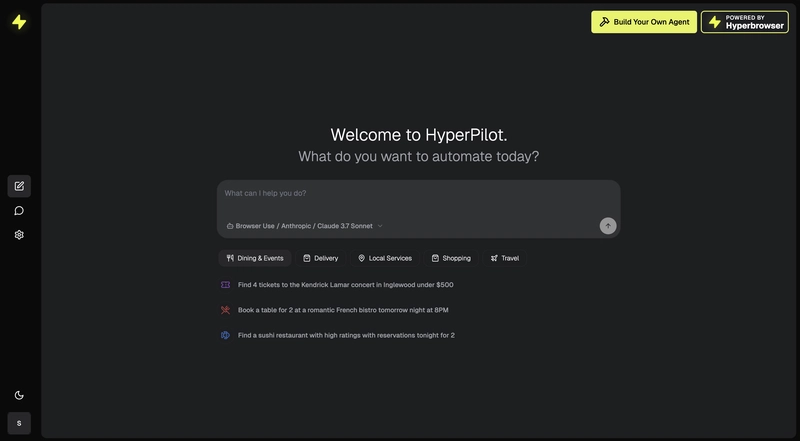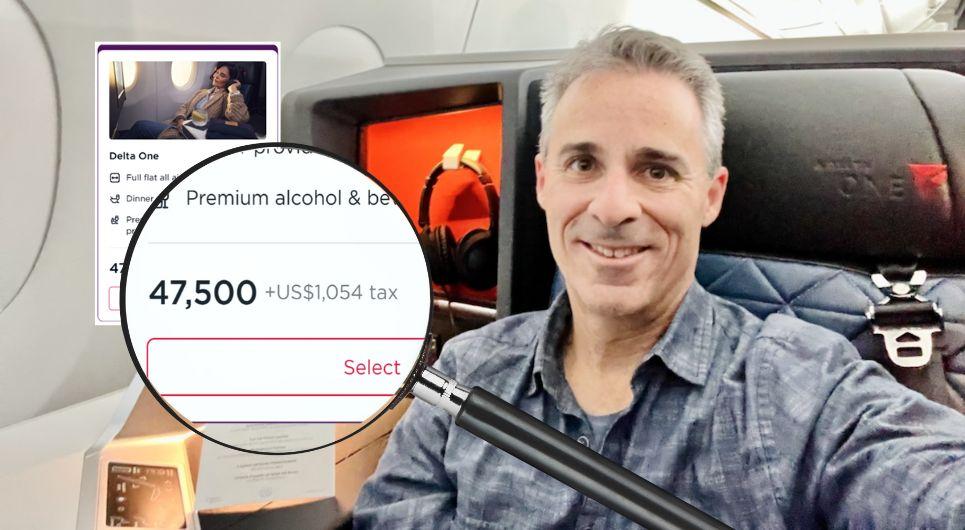NPR's CEO just made the best case yet for defunding NPR
After years of objections over its biases, the NPR board hired a CEO notorious for her activism and far-left viewpoints.

"This is NPR."
Unfortunately for National Public Radio, that proved all too true this week. In one of the most cringeworthy appearances in Congress, Katherine Maher imploded in a House hearing on the public funding of the liberal radio outlet.
By the end of her series of contradictions and admissions, Maher had made the definitive case for ending public funding for NPR and state-subsidized media.
Many of us have written for years about the biased reporting at NPR. Not all of this criticism was made out of hostility toward the outlet — many honestly wanted NPR to reverse course and adopt more balanced coverage. That is why, when NPR was searching for a new CEO, I encouraged the board to hire a moderate figure without a history of political advocacy or controversy.
Instead, the board selected Katherine Maher, a former Wikipedia CEO widely criticized for her highly partisan and controversial public statements. She was the personification of advocacy journalism, even declaring that the First Amendment is the “number one challenge” that makes it “tricky” to censor or "modify" content as she would like.
Maher has supported "deplatforming" anyone she deems to be "facsists" and even suggested that she might support "punching Nazis." She also declared that "our reverence for the truth might be a distraction [in] getting things done."
As expected, the bias at NPR only got worse. The leadership even changed a longstanding rule barring journalists from joining political protests.
One editor had had enough. Uri Berliner had watched NPR become an echo chamber for the far left with a virtual purging of all conservatives and Republicans from the newsroom. Berliner noted that NPR’s Washington headquarters has 87 registered Democrats among its editors and zero Republicans.
Maher and NPR remained dismissive of such complaints. Maher attacked the award-winning Berliner for causing an “affront to the individual journalists who work incredibly hard." She called his criticism “profoundly disrespectful, hurtful, and demeaning.”
Berliner resigned, after noting how Maher's "divisive views confirm the very problems at NPR" that he had been pointing out.
For years, NPR continued along this path, but then came an election in which Republicans won both houses of Congress and the White House. The bill came due this week. Much of NPR's time to testify was exhausted with Maher's struggle to deny or defend her own past comments.
When asked about her past public statements that Trump is a "deranged, racist sociopath," she said that she would not post such views today. She similarly brushed off her statements that America is "addicted to White supremacy" and denounced the use of the words "boy and girl" as "erasing language" for non-binary people.
When asked about her past assertion that the U.S. was founded on “black plunder and white democracy,” Maher said she no longer believed what she had said. She also wrote that “America is addicted to white supremacy”
When asked about her support for the book "The Case for Reparations," Maher denied any memory of ever having read the book. She was then read back her own public statements about how she took a day to read the book in a virtue-signaling post.
She then denied calling for reparations, but was read back her own declaration: "Yes, the North, yes all of us, yes America. Yes, our original collective sin and unpaid debt. Yes, reparations. Yes, on this day." She then bizarrely claimed she had not meant giving Black people actual money, or "fiscal reparations."
When given statistics on the bias in NPR's hiring and coverage, Maher seemed to shrug as she said she finds such facts "concerning."
The one moment of clarity came when Maher was asked about NPR's refusal to cover the Hunter Biden laptop story. When first disclosed, with evidence of millions in alleged influence-peddling by the Biden family, NPR’s then-managing editor Terence Samuels made a strident and even mocking statement: “We don’t want to waste our time on stories that are not really stories, and we don’t want to waste the listeners’ and readers’ time on stories that are just pure distractions.”
Now Maher wants Congress to know that "NPR acknowledges we were mistaken in failing to cover the Hunter Biden laptop story more aggressively and sooner."
All it took was the threat of a complete cutoff of federal funding.
In the end, NPR's bias and contempt for the public over the years is well-documented. But this should not be the reason for cutting off such funding. Rather, the cutoff should be based on the principle that democracies do not selectively subsidize media outlets. We have long rejected the model of state media, and it is time we reaffirmed that principle. (I also believe there is ample reason to terminate funding for Voice of America, although that is a different conversation.)
Many defenders of NPR would be apoplectic if the government were to fund such competitors as Fox News. Indeed, Democratic members previously sought to pressure cable carriers to drop Fox, the most popular cable news channel. (For full disclosure, I am a Fox News legal analyst.)
Ironically, Fox News is more diverse than NPR and has more Democratic viewers than CNN or MSNBC.
Berliner revealed that according to NPR’s demographic research, only 6 percent of its audience is Black and only 7 percent Hispanic. According to Berliner, only 11 percent of NPR listeners describe themselves as very or somewhat conservative. He further stated that NPR’s audience is mostly liberal white Democrats in coastal cities and college towns.
NPR's audience declined from 60 million weekly listeners in 2020 to just 42 million in 2024 — a drop of nearly 33 percent. This means Democrats are fighting to force taxpayers to support a biased left-wing news outlet with a declining audience of mainly affluent white liberal listeners.
Compounding this issue is the fact that this country is now $36.22 trillion in debt, and core federal programs are now being cut back. To ask citizens (including the half of voters who just voted for Trump) to continue to subsidize one liberal news outlet is embarrassing. It is time for NPR to compete equally in the media market without the help of federal subsidies.
If there was any doubt about that conclusion, it was surely dispatched by Maher's appearance. After years of objections over its biases, the NPR board hired a CEO notorious for her activism and far-left viewpoints. Now, Maher is the face of NPR as it tries to convince the public that it can be trusted to reform itself. Her denials and deflections convinced no one. Indeed, Maher may have been the worst possible figure to offer such assurances.
That is the price of hubris and "this is NPR."
Jonathan Turley is the Shapiro professor of public interest law at George Washington University and the author of “The Indispensable Right: Free Speech in an Age of Rage.”













































































